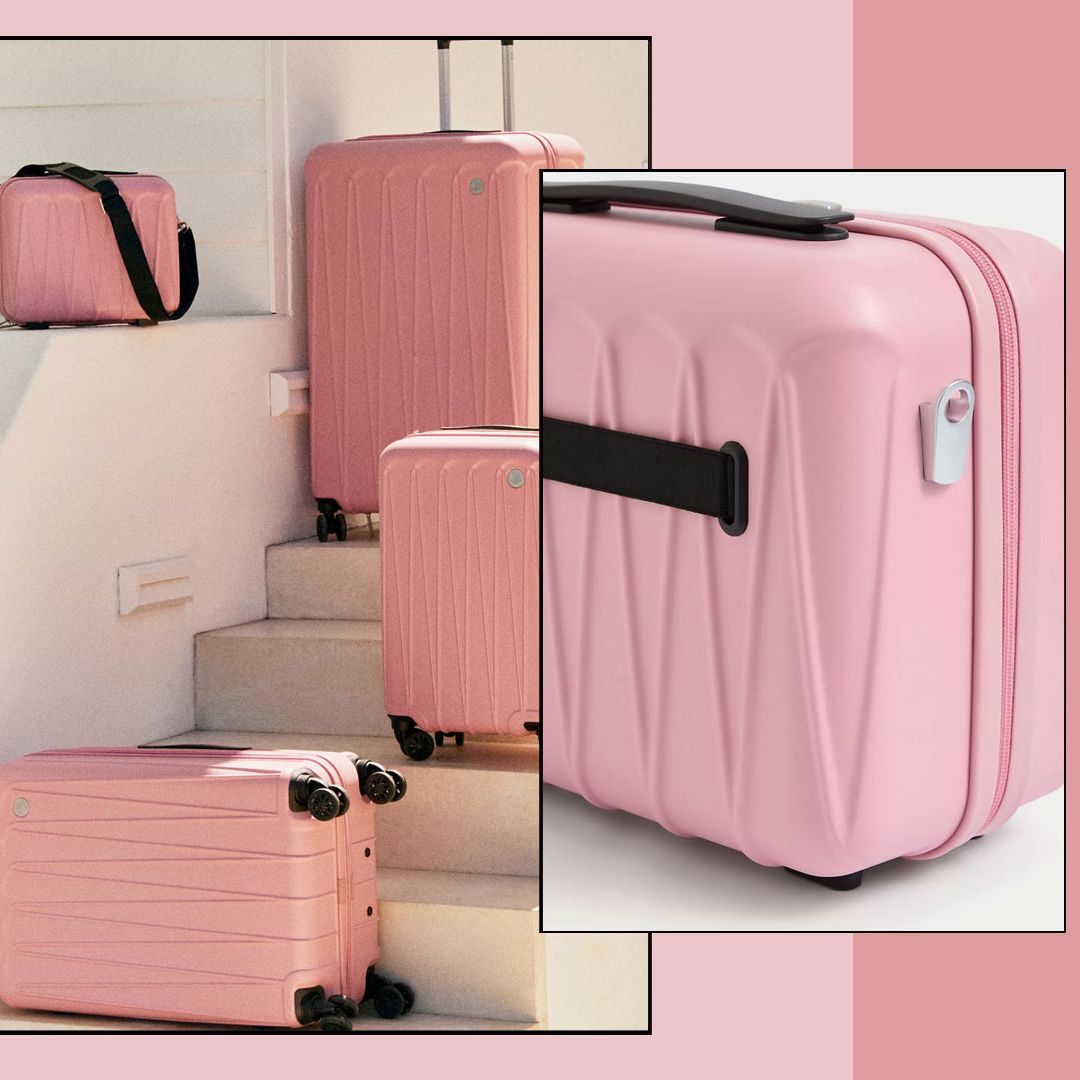While many of us leave buying travel insurance to the last minute – or don't even bother getting it at all – it's an important thing to consider to make sure you're covered for any emergencies that might happen while you're abroad. But it's not a case of one policy fits all, you'll have to do your research to find the best deal for you, particularly if you have pre-existing health conditions that may affect any claims. Here are a few ways to find the best deals
1) Use a comparison site:
One of the best ways to find the most suitable travel insurance for you is by looking at a price comparison site, such as MoneySuperMarket, Confused.com or Compare the Market. After putting in your details and requirements from a policy, such as whether you need single or multi-trip cover, they'll search through various insurers and bring back a list of policies to choose from.
This is an easy way to see all of the different options in one place, and a quick way to compare the benefits of each one. There could be some extra benefits if you buy through one of these sites too; Compare The Market now offers customers membership to Meerkat Movies and Meerkat Meals when they buy a qualifying product, meaning you could even get 2 for 1 meals and cinema tickets for a year.
2) Look at existing benefits from other accounts
Many banks and credit card companies offer free travel insurance to customers as one of the benefits for account holders. Perhaps this is something you might be entitled to but haven't yet claimed?
MORE: 75 things you need to pack for a holiday - the ultimate guide
If it's not too much hassle, you could even consider switching accounts to benefit from this. Banks like Natwest offer benefits including European multi-trip travel insurance, mobile phone insurance and Tastecard for a £12 monthly fee on their Reward Silver Account, as do Royal Bank of Scotland.
See the top 2018 travel destinations
3) Consider cover, not just price:
The cheapest deal is not always the best when it comes to travel insurance, so consider the different policies and key benefits before you make your choice. Even spending just a few pounds more could make a big difference when it comes to a claim. According to the Money Advice Service, you will have 14 days after you received your policy details in which to cancel if you later discover it isn't suitable for you.
4) Compare the excess on policies:
It's also particularly important to pay attention to the excess you will have to pay on making a claim, as this could significantly alter the overall value of a claim. For example, a policy may appear to be the cheapest, but a high excess could see you forced to pay over the odds if you need to make a claim. You should also be aware that excesses are applied on a 'per section' basis, so if you were robbed on holiday you may have to claim for the personal belongings and money sections of your policy, with two excesses deducted from your pay out.
5) Consider buying multi-trip insurance:
If it's likely that you may be going on other trips over the next 12 months, even if they're only weekend getaways or mini breaks, it's probably worth investing in multi-trip insurance. These policies will cover all of your travels within certain regions – such as Europe, America and worldwide – for a year, and although they are more expensive initially, can work out much better value compared to buying multiple policies.
STORY: The common medicines that are banned abroad and could land you in jail
6) Finding the best travel insurance for over 65s:
Choosing suitable travel insurance changes for over 65s, with Which? research finding that some policies can be more than double the price of similar cover, meaning it's more important to shop around. Do some proper research online, and if you're still having trouble finding something suitable, an insurance broker may be able to help.
7) Finding the best travel insurance for pre-existing medical conditions:
You'll need extra cover if you have a pre-existing medical condition, which could be anything from an allergy to a serious condition such as cancer, heart trouble or respiratory problems. Always make sure to check any medical equipment you're taking with you is covered in your policy, and be sure to get a 24-hour helpline to call in case of a medical emergency abroad.
Take extra care to check the policy for how it deals with pre-existing medical conditions, and look at Which?'s best buy table, which shows the best options for various conditions such as high blood pressure, diabetes and heart disease.
Like this story? Sign up to our newsletter to get other stories like this delivered straight to your inbox.











